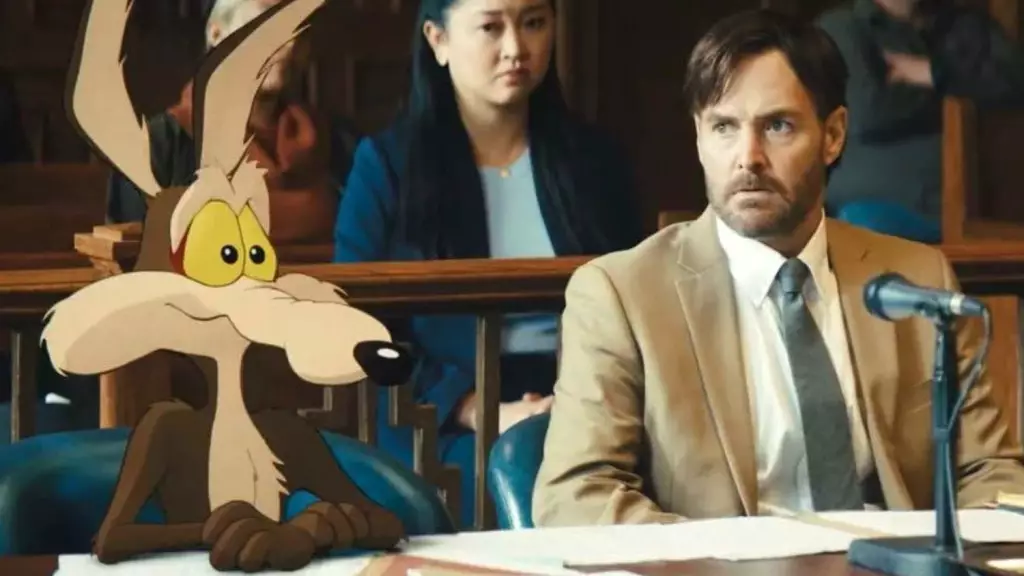Will Forte’s recent reflections on the abandoned film *Coyote Vs. Acme* echo sentiments shared by many artists who invest deeply in creative projects, only to see them vanish into oblivion. After a “funeral screening” for the cast and crew, Forte didn’t hold back when expressing his disillusionment regarding why the Warner Bros. production was pulled from release. The film, inspired by Ian Frazier’s 1990 New Yorker article, encapsulated a fascinating storyline that many saw as a promising entry into the realm of Looney Tunes. Drawing from the passion and effort of its creators, Forte’s lament not only underscores the emotional investment in filmmaking but also highlights a broader conversation about the industry’s decision-making processes.
The cancellation of *Coyote Vs. Acme*, alongside other shelved projects like *Batgirl* and *Scoob! Holiday Haunt*, brings to light questions about corporate strategies within the entertainment landscape. By opting for a tax write-off on *Coyote Vs. Acme*, Warner Bros. Discovery seemingly prioritized short-term financial remedies over long-term artistic contributions. This strategy begs a critical examination of what happens to creative works when they become entangled in corporate red tape. For creators, the stakes are high; pouring time, energy, and passion into a project, only to see it relegated to a corporate write-off, is a painful reality that many in the industry are compelled to confront.
Forte’s frustration strikes a chord with fans and industry insiders alike. The potential of a project often fuels anticipation and builds a fan base, yet when those expectations are dashed, it leaves a void for audiences who were eager to engage with the content. Forte mentioned a longing for people to remember the passion behind *Coyote Vs. Acme*, a sentiment that resonates in a world where the overlap of creative output and audience connection is increasingly fragile. This situation isn’t just about one film; it reflects a wider pattern where artistic endeavors are frequently stifled by corporate machinations, causing harm not only to the artists but to the audience who yearns for innovative content.
Despite the challenges faced, Forte’s sentiment about the film’s quality offers a glimmer of hope. “You never know what happens in life,” he mused, suggesting that there may still be a chance for audiences to experience this film. The lingering hope for a project to find its way to viewers fosters a persistent dialogue about artistic merit and the nuances of the filmmaking process. As creators push for recognition, the ongoing discourse surrounding *Coyote Vs. Acme* may serve as a rallying cry for advocating the importance of artistic expression in a landscape often marred by fiscal decisions.
Forte’s emotional connection to *Coyote Vs. Acme* illustrates a poignant moment in the film industry, highlighting the delicate balance between creativity and corporate interests. As audiences and creators alike grapple with the impacts of these decisions, the case of *Coyote Vs. Acme* will remain central to discussions about the future of filmmaking.
